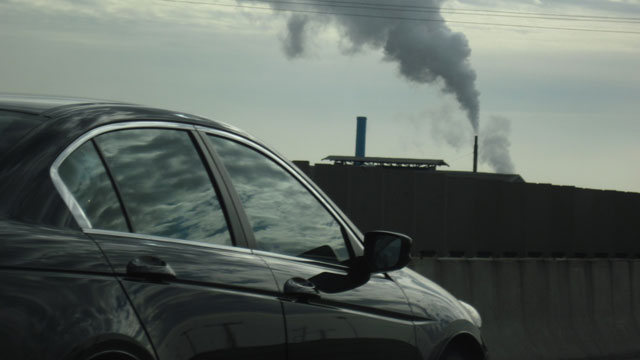
State Senator Darrell Steinberg is proposing a carbon tax on gasoline that would put a price on the pollution that causes climate change. The plan would also preempt a key piece of California’s existing climate law, due to kick in next year.
The state’s cap-and-trade program, created by the Global Warming Solutions Act of 2006, puts a limit on how much companies in California can pollute by pumping out greenhouse gases. Right now, it only applies to factories, refineries and other industrial polluters.
Next year for the first time, transportation fuels will come under the program: oil companies will have to account for the emissions from Californians’ cars and trucks. The cost of buying additional pollution permits is one that companies are almost certain to pass along to consumers.
Steinberg’s plan would make it more direct, as a tax that we pay at the pump. His reasoning is that while drivers will pay more for gas either way, with a tax the increase is more predictable and transparent.
“Under my proposal, the price of carbon fuel is projected to rise gradually and predictably,” Steinberg explained in a speech at the Sacramento Press Club on Thursday.